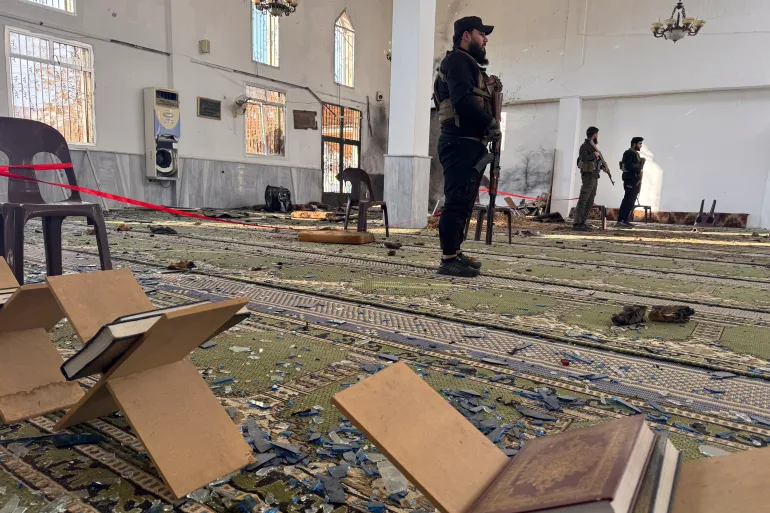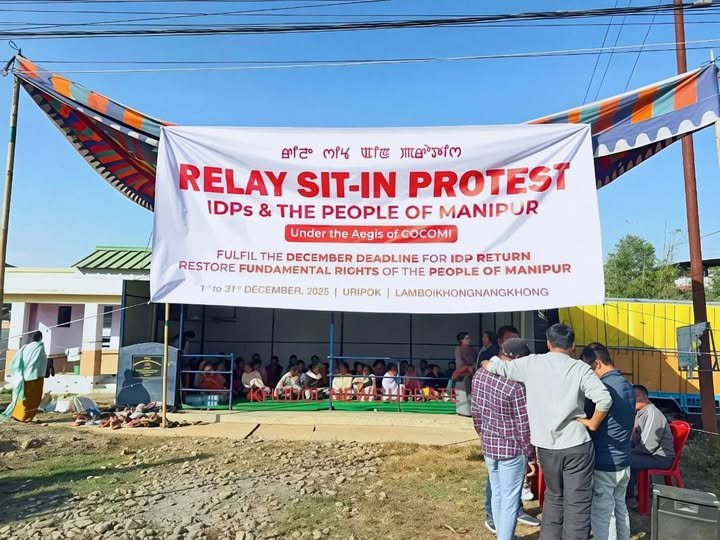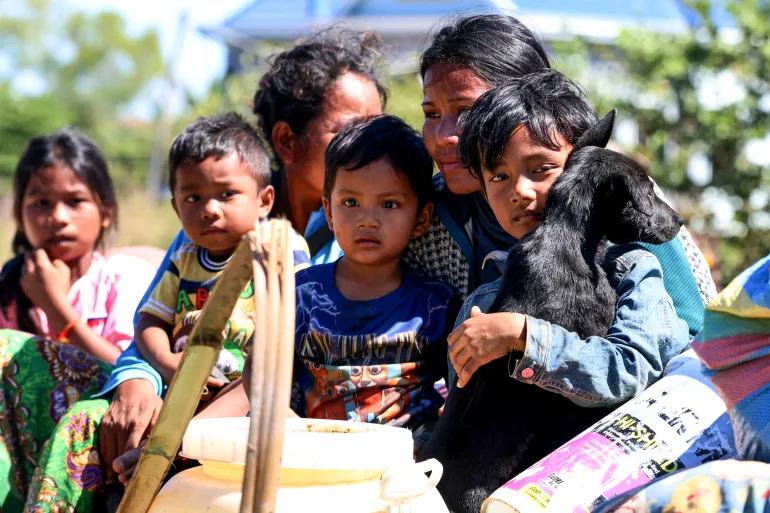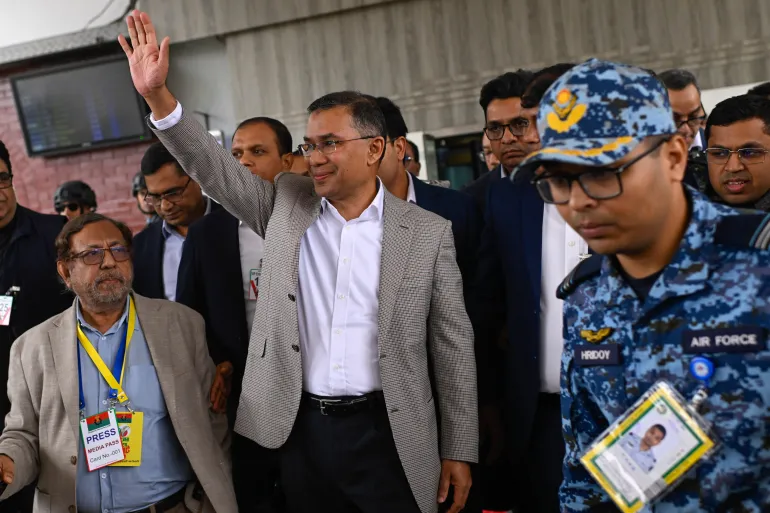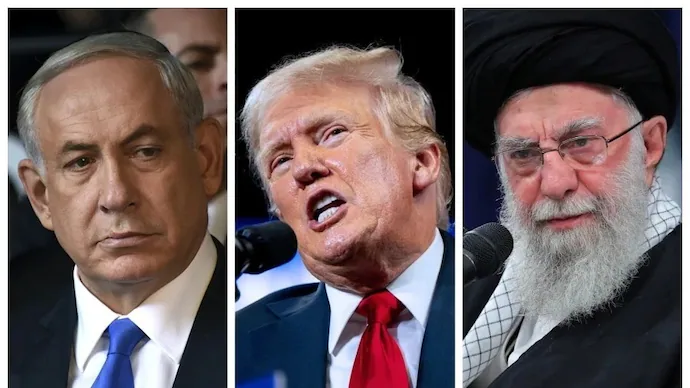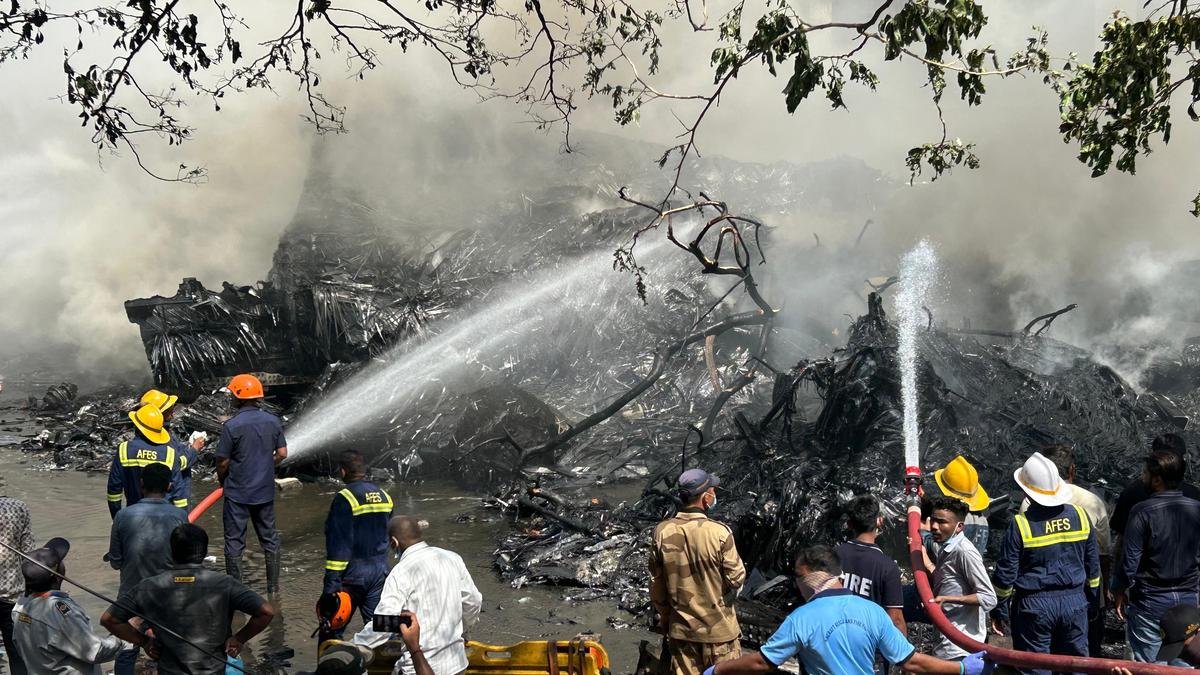India-Pakistan Ceasefire Holds Amid Rising Diplomatic Tensions Over Mediation Claims
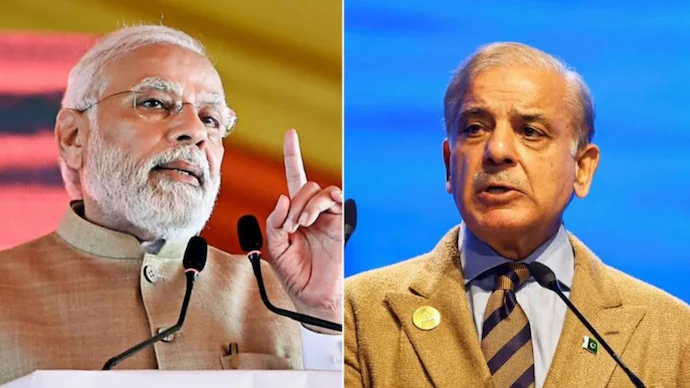
India-Pakistan Ceasefire Holds Amid Rising Diplomatic Tensions Over Mediation Claims
New Delhi/Islamabad, May 12, 2025 — A fragile ceasefire between India and Pakistan continues to hold following a week of escalating hostilities that raised fears of another war between the nuclear-armed neighbors. The truce, reportedly achieved over the weekend, was declared after a series of cross-border military actions, including airstrikes, drone incursions, and heavy artillery fire, led to significant casualties and widespread alarm across the region.
The conflict began spiraling after a terrorist bombing in Indian-administered Kashmir on April 22, which claimed the lives of at least 28 civilians, many of them Hindu tourists visiting the Vaishno Devi pilgrimage site. The attack, which Indian intelligence attributes to the Pakistan-based militant group Jaish-e-Mohammed (JeM), prompted a swift and forceful response from New Delhi.
On May 7, India launched "Operation Sindoor," a limited military campaign aimed at dismantling alleged terrorist launchpads across the Line of Control (LoC). According to Indian military sources, the operation targeted at least five locations in Pakistan-administered Kashmir using precision airstrikes and artillery. Pakistan’s military retaliated by mobilizing troops along the LoC and conducting retaliatory strikes, which resulted in the deaths of at least 14 Pakistani soldiers and 12 civilians, according to reports from Islamabad.
The intense exchanges lasted several days and triggered a global outcry, with the United Nations, European Union, and key international stakeholders urging restraint. It was during this period that U.S. President Donald Trump announced that the United States had played a “critical role” in mediating a ceasefire between the two sides.
“Our diplomatic team was instrumental in getting both countries to the table to de-escalate the crisis,” Trump stated during a press conference in Washington on May 10.
Pakistan welcomed the claim, with Foreign Minister Bilawal Bhutto Zardari praising the U.S. for “stepping in at a crucial moment to avert a humanitarian catastrophe.” However, India offered a more reserved response. The Indian Ministry of External Affairs (MEA) issued a statement emphasizing that the ceasefire was the result of “direct communication between military channels on both sides,” and rejected the idea of third-party mediation.
“We remain committed to resolving our issues bilaterally. The ceasefire was coordinated through established military channels, and any claims to the contrary are factually incorrect,” the MEA stated.
Despite the pause in violence, tensions remain high. Sporadic violations of the ceasefire were reported in the hours following the agreement, particularly in the Poonch and Rajouri sectors, but military officials from both nations have since confirmed that no major incidents have occurred in the last 48 hours.
Civilian populations near the border, who had been forced to flee during the peak of the conflict, are slowly beginning to return. Relief operations are underway in both countries, with NGOs and government agencies providing shelter, food, and medical assistance to those displaced.
Analysts have warned that while the ceasefire may temporarily halt the violence, the deeper issues remain unresolved. “Unless both sides engage in serious, sustained dialogue — particularly on Kashmir — the risk of renewed hostilities will persist,” said Dr. Neelam Sharma, a South Asia analyst at the Observer Research Foundation in Delhi.
The international community has echoed similar concerns. The UN Secretary-General called on India and Pakistan to “use this opportunity to resume formal diplomatic dialogue,” while the European Union suggested appointing a neutral envoy to monitor the LoC and ensure compliance with the ceasefire.
As of now, there is no indication of formal peace talks being scheduled, although backchannel diplomacy is reportedly ongoing. Both New Delhi and Islamabad are maintaining high military alert along the border, with defense ministers from both sides expected to brief their respective parliaments in the coming days.
While the guns have fallen silent for now, the region remains on edge — watching closely to see whether this ceasefire marks a genuine step toward peace, or merely a temporary calm before the next storm.
New Delhi/Islamabad, May 12, 2025 — A fragile ceasefire between India and Pakistan continues to hold following a week of escalating hostilities that raised fears of another war between the nuclear-armed neighbors. The truce, reportedly achieved over the weekend, was declared after a series of cross-border military actions, including airstrikes, drone incursions, and heavy artillery fire, led to significant casualties and widespread alarm across the region.
The conflict began spiraling after a terrorist bombing in Indian-administered Kashmir on April 22, which claimed the lives of at least 28 civilians, many of them Hindu tourists visiting the Vaishno Devi pilgrimage site. The attack, which Indian intelligence attributes to the Pakistan-based militant group Jaish-e-Mohammed (JeM), prompted a swift and forceful response from New Delhi.
On May 7, India launched "Operation Sindoor," a limited military campaign aimed at dismantling alleged terrorist launchpads across the Line of Control (LoC). According to Indian military sources, the operation targeted at least five locations in Pakistan-administered Kashmir using precision airstrikes and artillery. Pakistan’s military retaliated by mobilizing troops along the LoC and conducting retaliatory strikes, which resulted in the deaths of at least 14 Pakistani soldiers and 12 civilians, according to reports from Islamabad.
The intense exchanges lasted several days and triggered a global outcry, with the United Nations, European Union, and key international stakeholders urging restraint. It was during this period that U.S. President Donald Trump announced that the United States had played a “critical role” in mediating a ceasefire between the two sides.
“Our diplomatic team was instrumental in getting both countries to the table to de-escalate the crisis,” Trump stated during a press conference in Washington on May 10.
Pakistan welcomed the claim, with Foreign Minister Bilawal Bhutto Zardari praising the U.S. for “stepping in at a crucial moment to avert a humanitarian catastrophe.” However, India offered a more reserved response. The Indian Ministry of External Affairs (MEA) issued a statement emphasizing that the ceasefire was the result of “direct communication between military channels on both sides,” and rejected the idea of third-party mediation.
“We remain committed to resolving our issues bilaterally. The ceasefire was coordinated through established military channels, and any claims to the contrary are factually incorrect,” the MEA stated.
Despite the pause in violence, tensions remain high. Sporadic violations of the ceasefire were reported in the hours following the agreement, particularly in the Poonch and Rajouri sectors, but military officials from both nations have since confirmed that no major incidents have occurred in the last 48 hours.
Civilian populations near the border, who had been forced to flee during the peak of the conflict, are slowly beginning to return. Relief operations are underway in both countries, with NGOs and government agencies providing shelter, food, and medical assistance to those displaced.
Analysts have warned that while the ceasefire may temporarily halt the violence, the deeper issues remain unresolved. “Unless both sides engage in serious, sustained dialogue — particularly on Kashmir — the risk of renewed hostilities will persist,” said Dr. Neelam Sharma, a South Asia analyst at the Observer Research Foundation in Delhi.
The international community has echoed similar concerns. The UN Secretary-General called on India and Pakistan to “use this opportunity to resume formal diplomatic dialogue,” while the European Union suggested appointing a neutral envoy to monitor the LoC and ensure compliance with the ceasefire.
As of now, there is no indication of formal peace talks being scheduled, although backchannel diplomacy is reportedly ongoing. Both New Delhi and Islamabad are maintaining high military alert along the border, with defense ministers from both sides expected to brief their respective parliaments in the coming days.
While the guns have fallen silent for now, the region remains on edge — watching closely to see whether this ceasefire marks a genuine step toward peace, or merely a temporary calm before the next storm.
